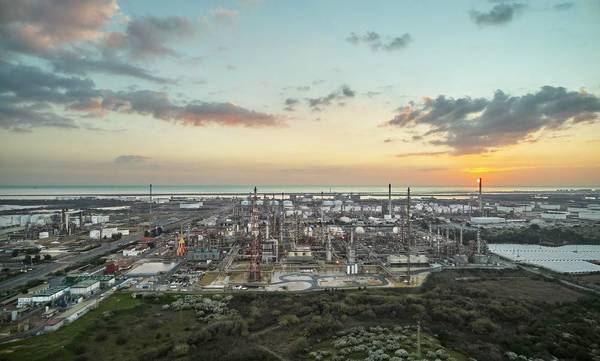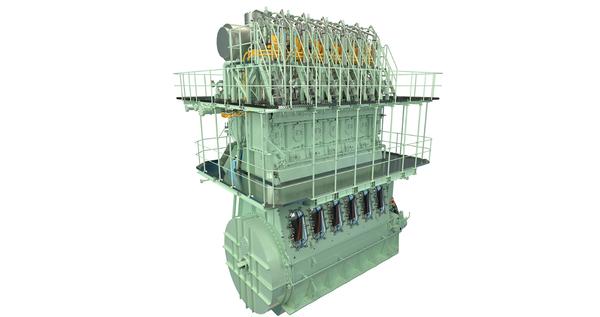Spanish trio plans green hydrogen production plant in Huelva
The green hydrogen production project, dubbed Andalusian Green Hydrogen Valley, is expected to have a production capacity of up to 300,000 mt/year.

PHOTO: Cepsa Energy Park in Palos de la Frontera, Huelva in Spain. Cepsa
The 2-gigawatt (GW) plant in Huelva in southern Spain is expected to become operational by 2026. The project will be jointly developed by oil and gas giant Cepsa, energy company Enagás' subsidiary Enagás Renovable and semiconductor manufacturer Alter Enersun.
The hydrogen plant will be built at the Cepsa Energy Park in Huelva and Alter Enersun will develop the solar photovoltaic power plant for the project.
Hydrogen produced from the plant will be used to supply Cepsa's own industrial consumption and will enable the manufacture of advanced biofuels.
Last October, Cepsa completed a trial of its advanced "2G" biofuels made from used cooking oil and VLSFO on an oil tanker owned by Ibaizabal. Through this project, Cepsa hopes to further decarbonise its advanced biofuels by using the green hydrogen produced using solar energy.
Cepsa believes that this project will boost the decarbonisation of Huelva's maritime transportation.
“We are putting all our experience into making biofuels a sustainable alternative for the present, while at the same time advancing in new technologies that will make it possible to further decarbonise this [maritime] sector in the future, such as through green ammonia, e-methanol or biogas,” Cepsa's bunker director Carlos Giner says.
By Konica Bhatt
Please get in touch with comments or additional info to news@engine.online






